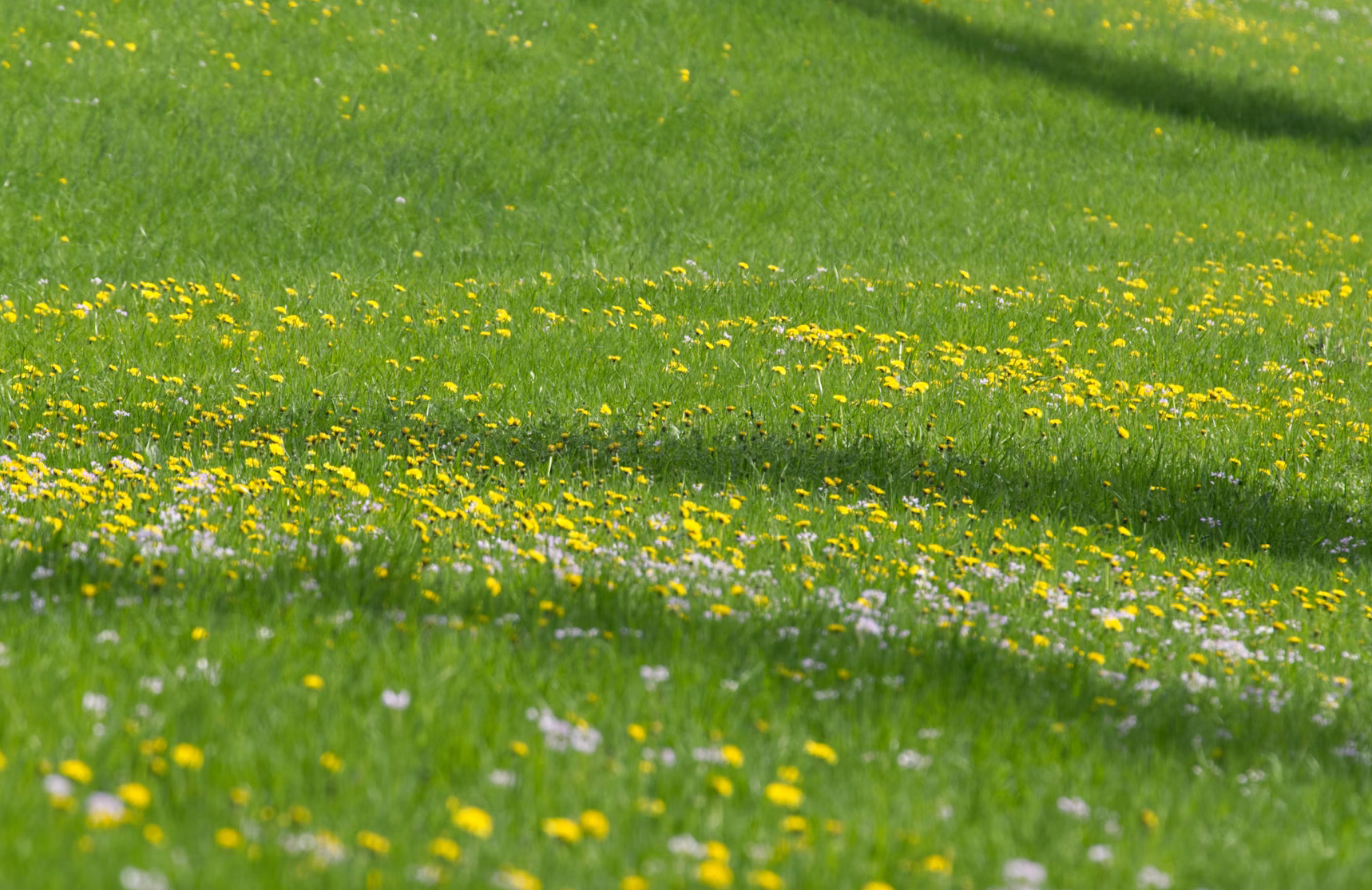The CRAFT Consortium has developed the world’s first cultivated meat farm in the Netherlands. This initiative aims to help farmers shift away from traditional livestock farming by introducing cultivated meat technology. Cultivated meat is nutritionally similar to conventional meat but can be produced more efficiently and less cruelly. While not everyone may see it as vegan, cultivated meat offers many benefits for both animals and the planet.
For animals, cultivated meat allows us to produce meat without slaughter. Around 70 billion animals are killed for food every year, most raised in overcrowded and inhumane factory farms. Cultivated meat could greatly improve animal welfare by reducing the number of animals used in food production. RespectFarms also notes that this method reduces the risk of zoonotic diseases spreading from livestock to humans.
For the planet, research has shown that cultivated meat could dramatically cut the environmental costs of food production. Today’s food system is unsustainable for both climate and food security; however, cultivated meat could reduce water use by 78%, land use by 95%, greenhouse gas emissions by 92%, and societal costs by 56%. Additionally, because it’s produced in controlled indoor facilities, it could also use up to 99% less land than traditional farming.
In the UK, many farmers are welcoming the opportunities cultivated meat brings. As the co-founder of Kipster and RespectFarms puts it: “Within the Earth’s capacity and with as little impact as possible on animals, humans, the climate—and with a future for the (livestock) farmer. Et voilà: the cultured meat farm.”
Although not strictly vegan, cultivated meat represents a far more compassionate future. With the potential to reduce animal suffering, environmental damage and risks to human health- may it continue to develop and replace traditional farming.
